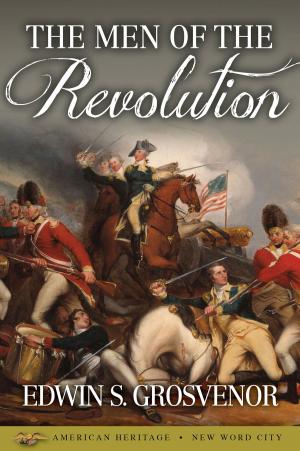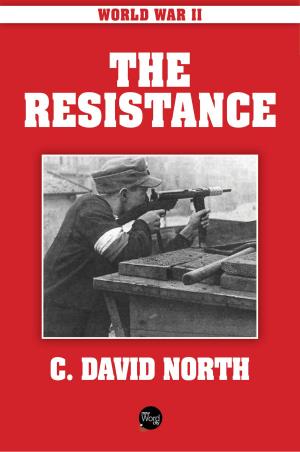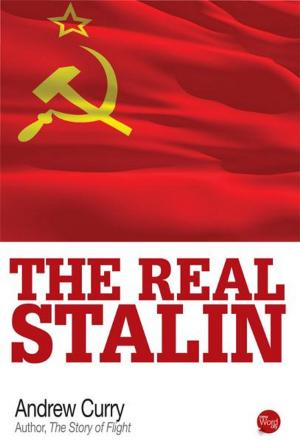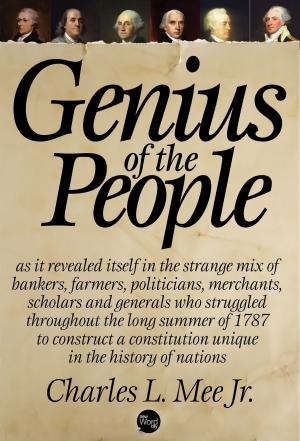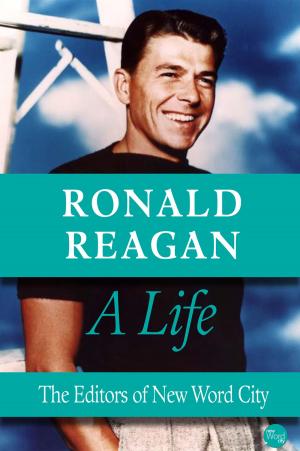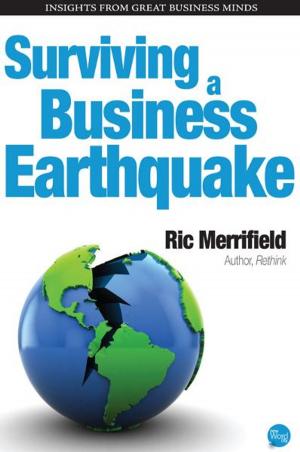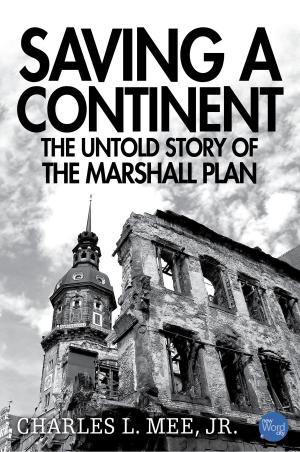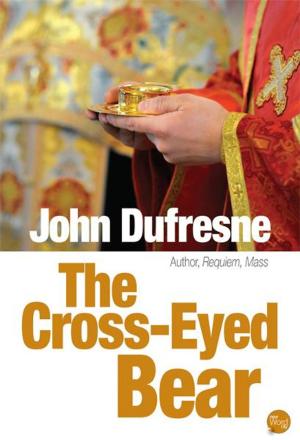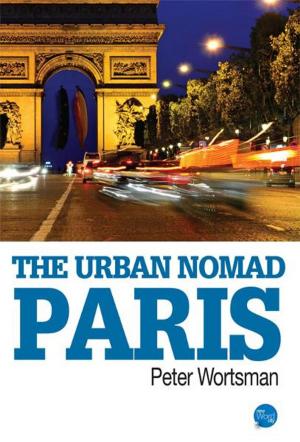Carnegie's Burden
Biography & Memoir, Business, Nonfiction, History, Americas, United States, 19th Century, Historical| Author: | Joseph Frazier Wall | ISBN: | 9781640190306 |
| Publisher: | New Word City, Inc. | Publication: | March 1, 2017 |
| Imprint: | Language: | English |
| Author: | Joseph Frazier Wall |
| ISBN: | 9781640190306 |
| Publisher: | New Word City, Inc. |
| Publication: | March 1, 2017 |
| Imprint: | |
| Language: | English |
In a remarkable essay entitled "Wealth" and published in 1889, Andrew Carnegie argued that there were only three alternatives by which a man of great wealth could dispose of his fortune: Leave it to his family, bequeath it in his will for public purposes, or administer its distribution for public benefit during his lifetime. Carnegie chose the latter. Here, in this essay by Pulitzer-Prize nominee Joseph Frazier Wall, is the extraordinary story of how he addressed his "burden."
In a remarkable essay entitled "Wealth" and published in 1889, Andrew Carnegie argued that there were only three alternatives by which a man of great wealth could dispose of his fortune: Leave it to his family, bequeath it in his will for public purposes, or administer its distribution for public benefit during his lifetime. Carnegie chose the latter. Here, in this essay by Pulitzer-Prize nominee Joseph Frazier Wall, is the extraordinary story of how he addressed his "burden."





